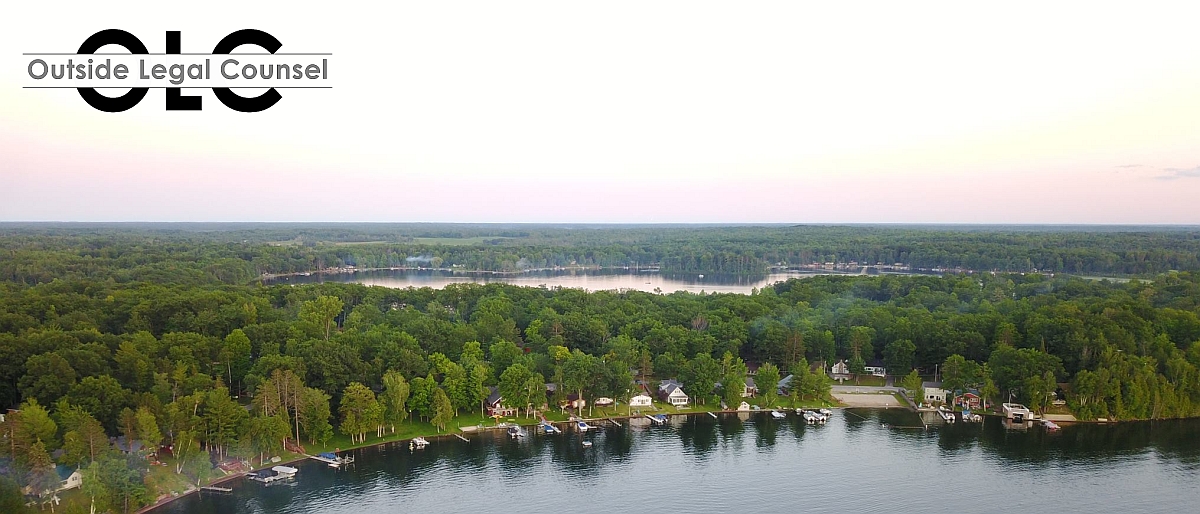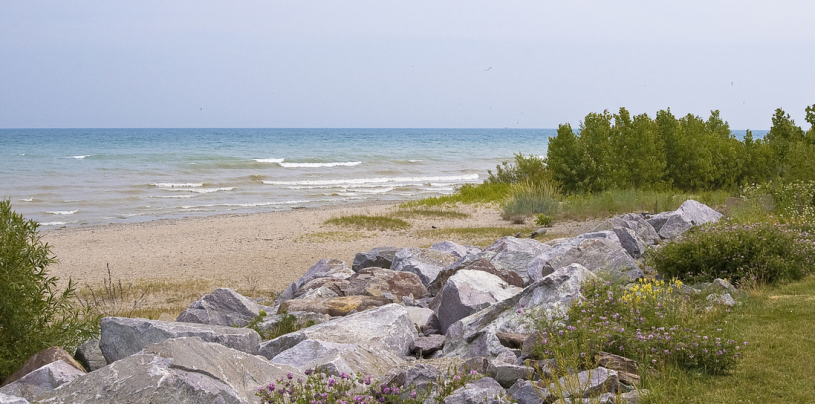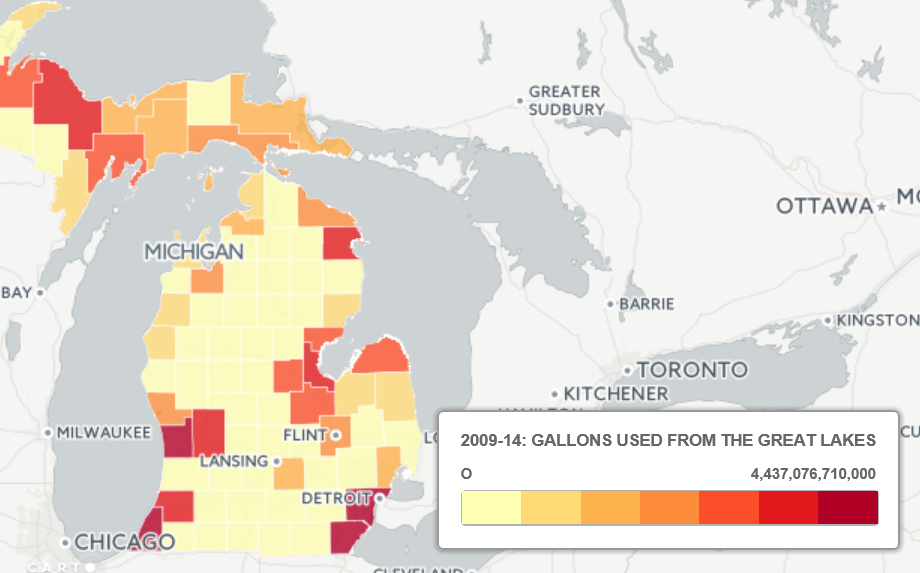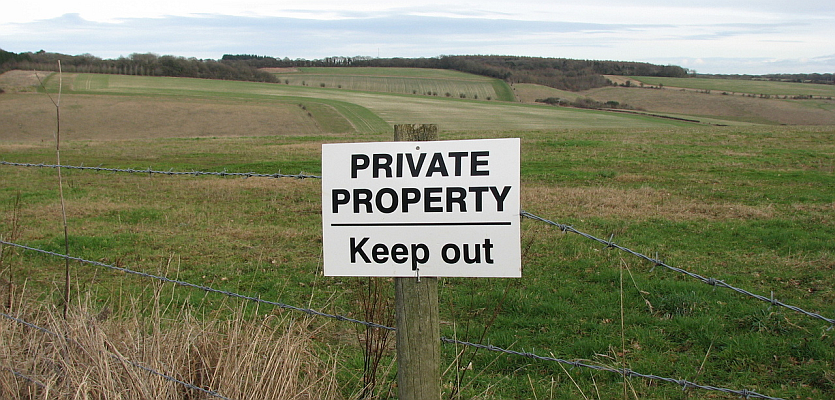So the great idea of co-owning a recreational property seemed like a good idea at the time. Expenses can be shared. The property could be regularly used. Many hands make light work of a vacation home.
Then reality sets in.
Squabbles over taxes and electric bills fill the air. Passive-aggressive texts of what you were “supposed” to do that last time the property was visited. Hurt feelings and disproportionate expenses abound. You need to get out but the others do not want to sell or buy you out. What can you do?
File what is known as a partition action.
Under Michigan law, any person who has an estate-in-possession in the lands (except for rights of reversion or remainder) may seek to partition or divide the property co-owned by two or more owners. Physical division of the jointly-held property is the preferred method of partition, but the court may also order sale and division of the proceeds when it concludes that an equitable physical division cannot be achieved.
If property owners own different percentages, the Court would normally divvy up the property in the respective proportions. However, where such a division results in an unfair amount, the court may award money payments to offset the difference.
In other words, if you want out, you can get out by filing a partition action. You don’t have to stay with the one you bought with.




